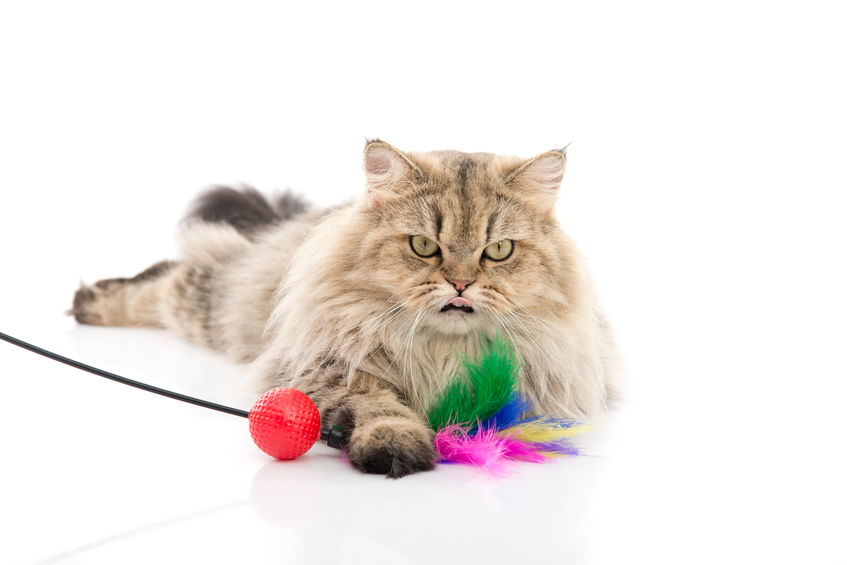How To Deal With Cat Spraying
Why Do Cats Spray?
While most cat spraying is territorial, some cats spray for other reasons, including the following:
- Litter box issues, such as an overly full litter box.
- Illnesses, such as urinary tract infections, may lead to spraying or urination outside the litter box. Talk to your vet to rule out diseases, especially if your cat exhibits other signs of illness.
- Stress causes a range of unusual behaviors in cats that include aggression and other territorial behaviors.
Stress can occur anytime there are significant changes, such as having a new baby, bringing a new pet into the home, or moving to a new house. Mating also lead to territorial behaviors like spraying.
Steps to Prevent Cat Spraying
Spraying is sometimes preventable, especially if you can identify the cause of the behavior. Begin by creating a routine for your cat to help eliminate area. For instance, feed your cat at the same time each day and keep the cat’s bed and food bowl in the same place. If your cat is spraying the same area, again and again, try putting their food in that space to eliminate the behavior.
After establishing a routine, you can further reduce cat spraying by treating the problem areas with a pheromone-containing spray that is specifically designed to calm cats. You should also store guest’s items in closets to avoid introducing the scent of other cats.
If you have more than one cat, separating them can help you identify which cat is spraying. Sometimes, cats learn how to spray by watching other cats. Close your curtains, or block your cat’s view of the outfits to reduce their exposure to other animals. In most cases, cats stop spraying on their own. If your cat exhibits territorial behavior for an extended time, consult your vet for assistance in identifying the cause of the behavior, so you can take steps to prevent it.

